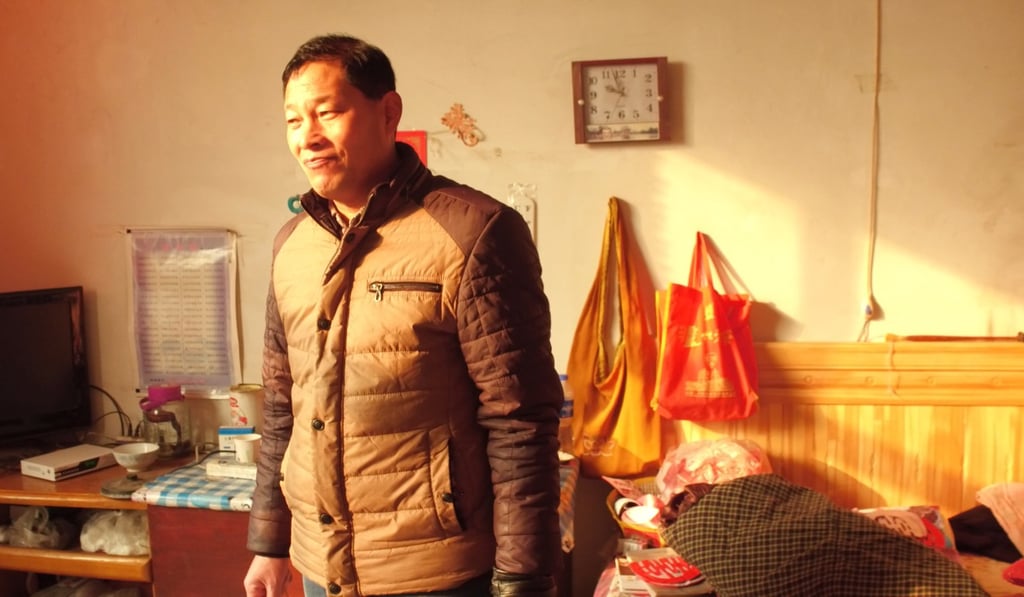As winter grips rural China, who’s really paying the price for Beijing’s clean air plan?
- Xi Jinping wants to beat pollution by building an ‘ecological civilisation’
- But high prices and an unstable supply of natural gas are leaving rural villagers out in the cold

This winter has been an especially cold one for Nie Hongwang. In previous years, the 50-year-old from a small village in Baoding in the north China province of Hebei would stockpile three or four tonnes of coal to use to heat the family home over the harshest winter months. But that all changed when his rudimentary central heating system was ripped out and replaced with an environmentally friendly natural gas-powered one under a government initiative designed to reduce air pollution.
While the idea might have worked on paper, for Nie and his fellow villagers in Niezhuang the switch has caused nothing but problems, with the high cost and unstable supply of the clean fuel leaving them freezing in their own homes through the coldest season of the year.
Even as he prepared a meal in the relative warmth of his kitchen Nie wore his quilted coat and as he spoke his words drifted on a waft of steam.
“It’s still very cold even after I covered the windows with plastic sheets,” he said. “It’s also very expensive, even with the government subsidies. I can only afford to turn on the heaters for the bedrooms at night.”
Northern China has long had a problem with smog, and the burning of coal for heating is a major contributor to it. In its efforts to improve air quality the central government has set a target to phase out residential coal-fired boilers in 60 per cent of rural areas and all urban parts of Beijing-Tianjin-Hebei and four neighbouring provinces and replace them with clean energy alternatives by 2021.

Local governments were given three years of financial subsidies to fund the programme and to date almost 6 million households in 28 cities have made the change, either to natural gas, electricity, solar power or “clean” coal.
Last year the Hebei government said the removal of coal-burning ovens had led to a 30 per cent drop in 2017 in levels of PM2.5 – the tiny airborne particles that are most harmful to human health. Levels dropped by a further 12.5 per cent last year and are forecast to fall by 5 per cent in 2019.